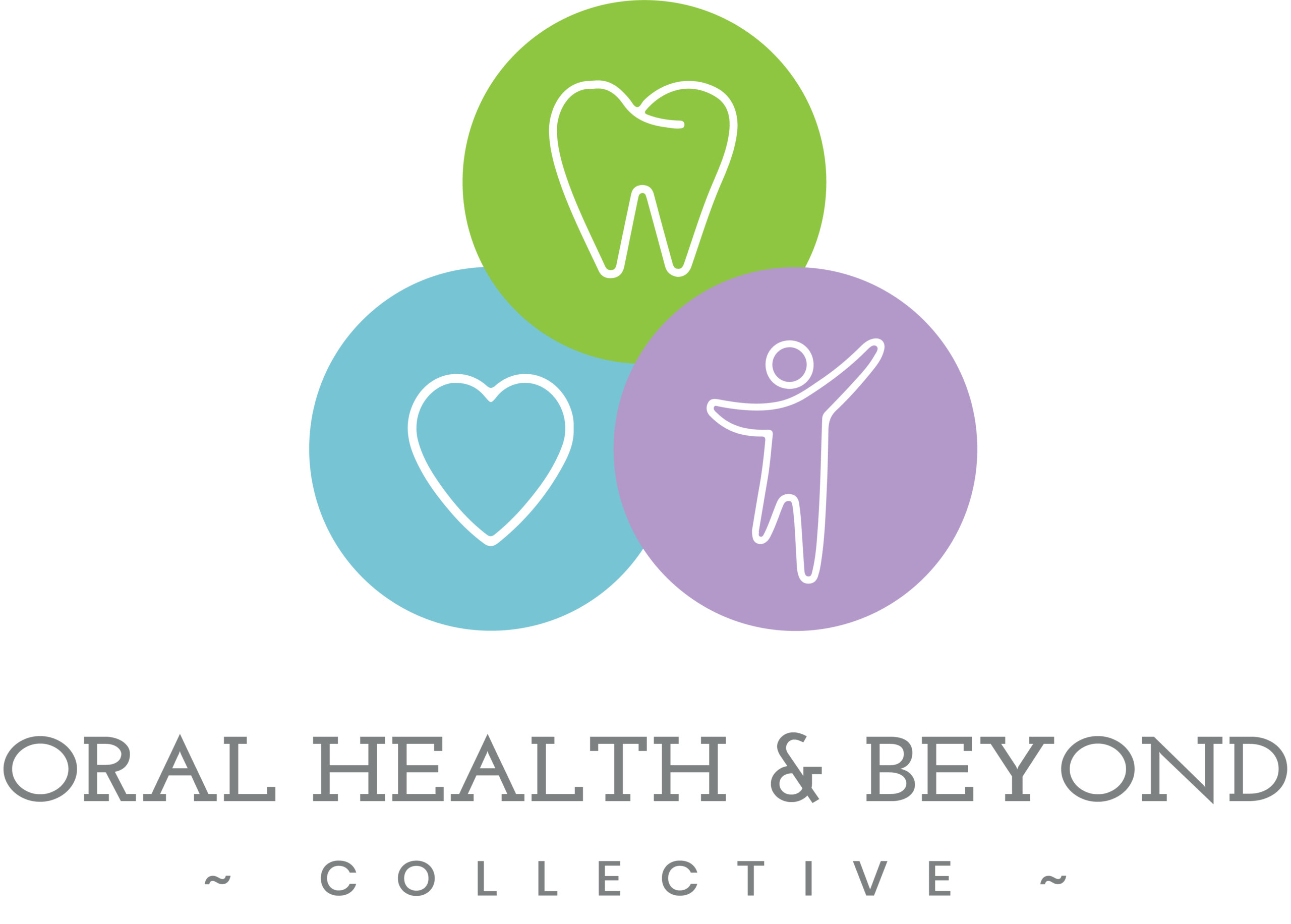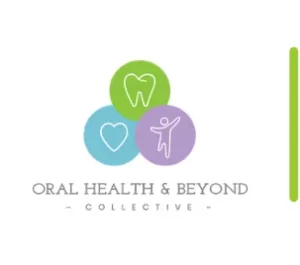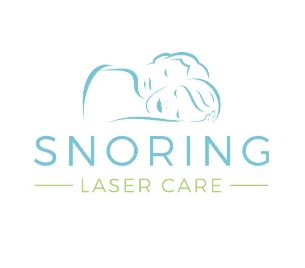
Could this be the conscious uncoupling of hospitals and soft drinks?
Conscious uncoupling: [noun] the ending of a … relationship in a respectful, positive and constructive way (Dictionary.com)
Have you ever thought it strange that you can buy soft drinks, and occasionally energy drinks, in a hospital? I have had this thought a lot. Think about it: it’s a hospital – a place where sick people go to get better – and those are two culinary items which are major contributors to a number of health problems.
Well, it seems that hospitals across the country are finally catching on to the irony. The reduced availability of these cans of sugary non-goodness seems to have come off the back of a major push in the health sector to tackle Australia’s obesity epidemic.
As we all know being overweight or obese greatly increases your risk of suffering cardiac incidents and makes you susceptible to Type 2 Diabetes. Being overweight also increases your risk of developing certain cancers. In an attempt to avoid these health complications, which will also lessen the burden on Australian hospitals, it was thought that they need to become proactive in advocating healthy eating, starting with the in-hospital cafeterias and kiosks.

Hospitals districts in NSW and Victoria seem to be leading the charge with many having already started the change or pledging to do so. Some are even taking the fight even further by vowing to remove all unhealthy, sugar-laden, snack foods from all medical locations.
But it seems Australia has been reluctant to bow to peer pressure to change its relationship status with sugary foods. Our friends across the ditch ended their relationship in 2015 and made it divorce court official by implementing a government-enforced ban on the sale of sugar-sweetened drinks in healthcare districts. What makes this so interesting is that the Australian Government are looking like the family who urges you to fix a bad relationship by not putting their support behind a similar sugar ban. They may as well be sitting in the cupboard eating a tub of ice-cream crying over what could have been.
But there is no denying that Australia’s affair with sugar has to end. According to the 2014-2015 Australian Bureau of Statistics, 63.4% of Australian adults were overweight or obese. And like many bad divorces, the kids also suffering, with 27% of Australian kids being categorised as overweight or obese. Think about that. It’s almost one in four Australian kids who are at risk of developing Type 2 diabetes or who have a greater risk of suffering a cardiac incident. Australia’s relationship with sugar needs to change from dependant and obsessive to be a more casual affair.
So how do we change our relationship status? Some health experts say that additionally to the sugar ban in hospitals, Australia should implement a “sugar-tax”. The reason for this is that sugar carries with it a number of scary statistics. It is a leading a cause of dental caries or cavities, it is also strongly linked to weight gain and diabetes. Add to that the fact that it has no nutritional benefit whatsoever and the conclusion is clear. We need to be like Gwyneth and Chris and commit to conscious uncoupling but still have an amicable relationship – for the sake of the kids.
For more information on the effects of artificial sweeteners on your body, please do not hesitate to contact DentalCareXtra. Alternatively, complete the form below, and one of our friendly team members will contact you.
References: Boys, C. (2017). Putting an end to soft drink in Australian hospitals.
Retrieved from: http://www.goodfood.com.au/eat-out/news/putting-an-end-to-soft-drink-in-australian-hostpitals-20170419-gvnzad.html






